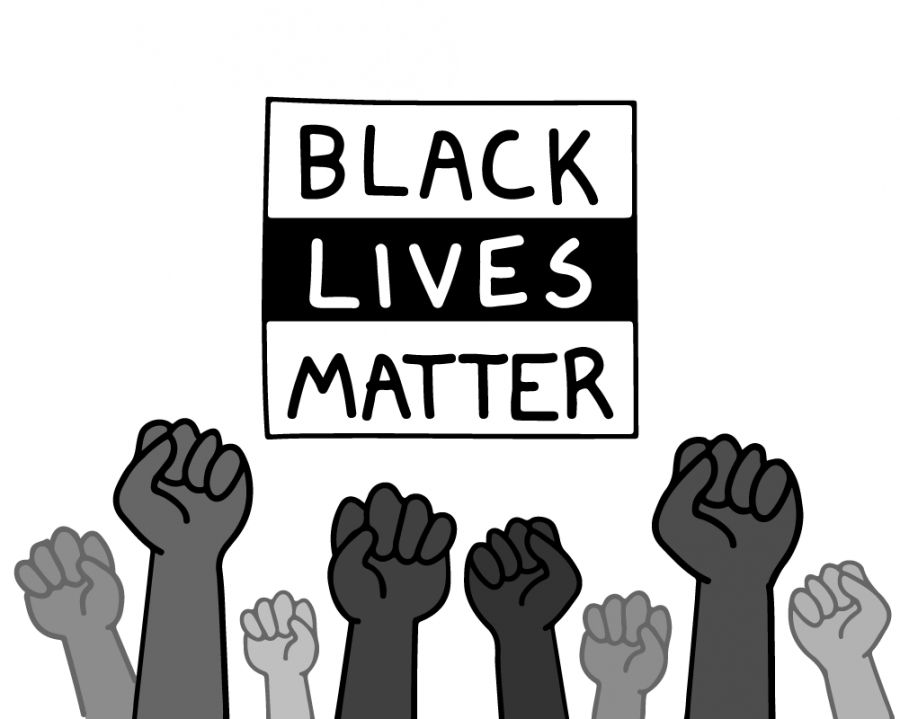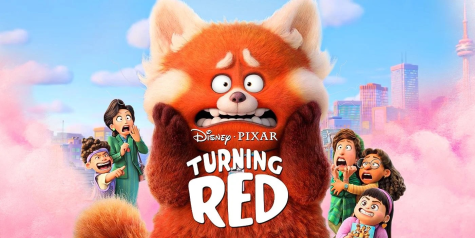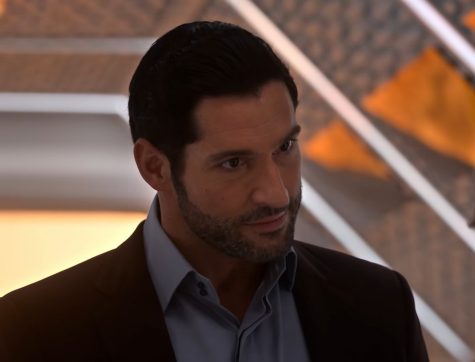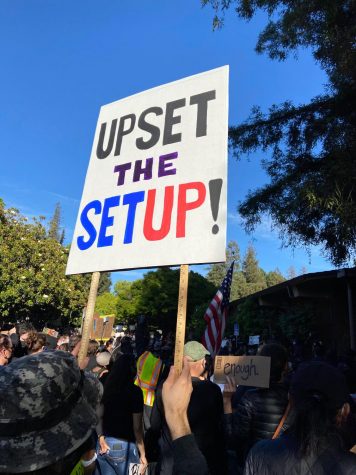BLM: The Black Lives Matter organization
When most people hear the phrase “Black Lives Matter”, they think of the recent protests ignited by the brutal murder of George Floyd by state police. But it is not just a disparate movement, there is an organization behind it as well: The Black Lives Matter (BLM) organization. It was founded in 2013 by Alicia Garzia, Patrisse Cullors and Opal Tometi in response to the acquittal of George Zimmerman, Trayvon Martin’s killer. Today, they are a nation-wide movement, with 14 chapters in the United States. Their members consider it their mission to organize and build local power to prevent violence inflicted on Black communities by the state.
Their organizers work every day to uplift Black people in their communities. Their work since 2013 has laid the foundation for today’s global social justice movement. They also specifically focus on giving help to Black women and Black transgender women, by establishing women’s shelters in communities where they are lacking. When Mike Brown was murdered by Ferguson police officer Darren Wilson, they provided support to the protestors there, as well as organizing a national ride that Labor’s Day weekend.
When George Floyd was murdered, the BLM organization stepped up to support and organize protests once again. This has not been an easy or safe process, as shown in Portland, Oregon, where federal agents continually and aggressively cleared demonstrators blocks away from federal property and police officers used tear gas, rubber bullets and flash-bang devices on protestors after they threw water bottles and food at police officers.
In face of the police brutality, and the seeming lack of change occurring, BLM has stepped up and demanded several changes to the deep issues hurting Black communities. One of these calls is to defund the police. This isn’t as radical as it sounds, however. It doesn’t completely defund the police, but instead intends to divert funds from them to other sources that need funding, such as homelessness, schools and more. Given the rising amount of police brutality, this may be the best step to creating a safer police department that actually serves the people.
Several cities have already started this process: Axios reported that the Baltimore City Council approved a $22.4 million dollar budget cut for the police department and the Portland City Council cut $15 million dollars from its police budget with plans to spend $5 million on helping homelessness. Philadelphia canceled a planned $19 million dollar increase in budget for its police department and reallocated $14 million dollars of the existing police budget to other ventures, including affordable housing. How these cities plan to implement these changes and ensure the money goes where it is supposed to still remain to be seen.
Another issue BLM has brought up a lot recently is reparations, which are compensations to Black Americans for the historical wrongs done to them. In service of this, Representative Sheila Jackson Lee introduced a Congressional bill titled H.R.40, which would establish a committee to study and develop reparations. How much reparations would be is still unknown.
The movement has faced opposition in a divided country. Not everyone agrees with reparations. A recent ABC News/Ipsos poll showed that 73% of Americans believe that the federal government should not financially compensate Black people who are descendants of slaves.
However, many people believe reparations are the best way to heal after 300 years of systematic racism, in a country that built much of its wealth of slavery, and the subsequent deliberate shutting out of Black people from the accumulation of wealth that has left many in their community impoverished and vulnerable. In a story in The New York Times, investigative journalist Nikole Hannah-Jones argued that “Reparations are a societal obligation in a nation where our Constitution sanctioned slavery, Congress passed laws protecting it and our federal government initiated, condoned and practiced legal racial segregation and discrimination against black Americans until half a century ago.” For Americans like Hannah-Jones, the past won’t be forgiven until steps are taken to fix the long-lasting injustices slavery left.
BLM still has a long road ahead while fighting for the changes in America they believe in. But since the organization’s creation in 2013, they have accomplished a lot and worked to create a broad multi-racial coalition that continues to fight for struggling Black communities while working towards racial equality.












